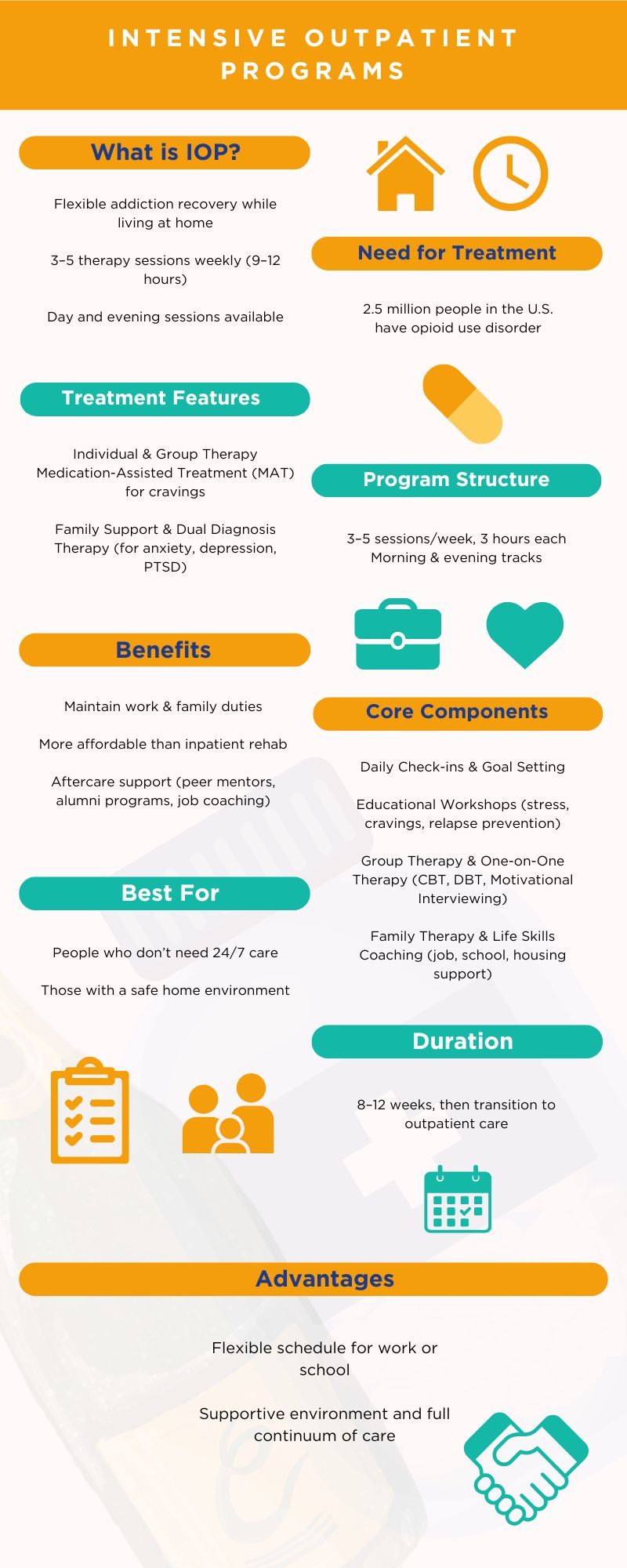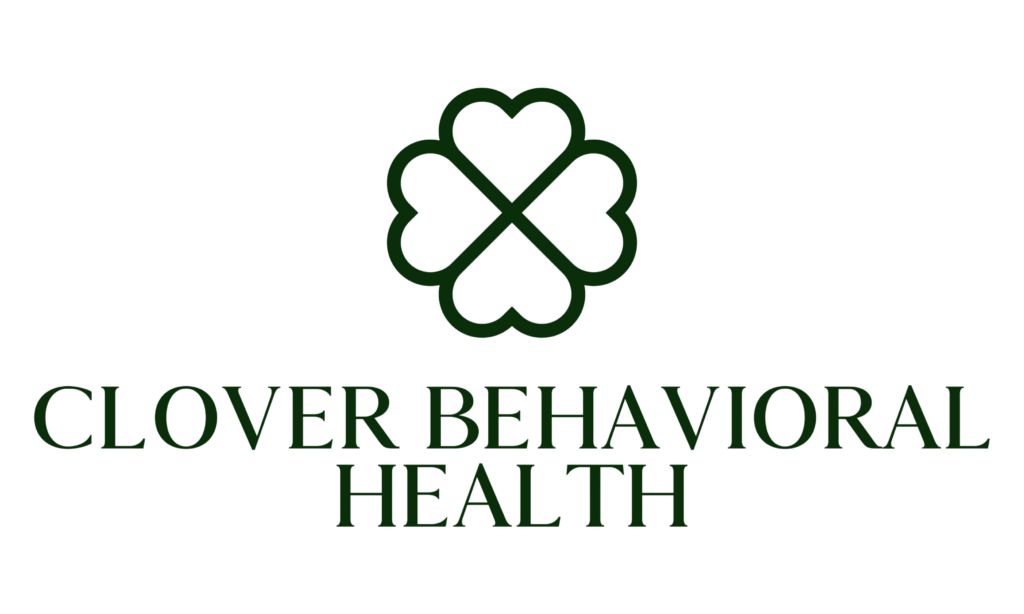IOP For Mental Health in Acton, MA, Explained for Those Worried About a Loved One
Admitting that your mental health is getting out of hand is hard. You might hold yourself together in public and then crumble when you’re alone with your thoughts. That’s when you tend to spiral into negative patterns and don’t find a way out. Or maybe someone you dearly love starts slipping right before your eyes, and the spark in their eyes keeps getting dimmer.
The suffering person’s mental health deserves help, not shame. Support, not stigma. Flexibility, not suffocation. And that’s what IOP for mental health in Acton, MA, offers. This treatment model takes out the feeling of restriction and gives you a space to offload some mental burden.
This article explains how the IOP for mental health in Acton, MA, suits your routine instead of the other way around.
What is IOP for Mental Health in Acton, MA?
An Intensive Outpatient Program is a treatment model that offers therapy several times a week. The person needing help with their mental health gets to live at home while still receiving structured care in the form of individual, group, and family therapy sessions.
Since inpatient care feels too restrictive to some people, places like Clover Behavioral Health introduce IOP for mental health in Acton, MA, as a middle ground. And when 1 in 5 US adults experience mental illness each year, this flexible yet structured model is helpful.
Who Does IOP for Mental Health in Acton, MA, Help?
If you need more care than a weekly therapy session, but don’t need the full structure of a hospital stay, you take this route. It offers care that fits around daily life to help people heal while keeping their routines.
Here are some situations where the IOP for mental health in Acton, MA, best fits:
Ongoing Depression or Anxiety
If you struggle with depression or anxiety, your sadness and worry can take over pretty fast, and that’s when IOP can help create steady ground.
The regular therapy, group discussions, and coping skills are part of this package, and they help ease your pressure. You get a sense of control back when you receive more than an hour of therapy each week, but still want to stay connected to life.
Recovering After a Mental Health Crisis
Coming home after a hospital stay or a big mental health crisis can feel uncertain because there are no regular updates/check-ins with a professional. That’s why mental health experts recommend IOP at this time because of its structure, emotional guidance, and continued care.
Your recovery doesn’t stop once you leave the hospital; you still have a helping hand.
Balancing Healing with Daily Life
Many people don’t commit to bettering their mental health because they think it’s too big a commitment. They assume that focusing on this aspect will cut them off from their school, work, or family, but IOP changes that.
It offers consistent care several days a week while allowing people to keep their routines, so recovery is a part of life, not separate from it.
What Happens Inside IOP for Mental Health in Acton, MA
Studies show that IOP can help young people recover from depression and find real support without getting cut off from life. The goal is to help people understand their mental health better and start feeling more in control. Here is what happens inside IOP for mental health in Acton, MA:
Individual Therapies
IOPs combine different therapies to support recovery from mental health troubles. Here are the 3 main therapies used in IOP:
1. CBT:
Cognitive-behavioral therapy helps identify negative thought patterns. Since these patterns feed anxiety, depression, or self-doubt, the experts work to uproot them first.
Participants learn to challenge those thoughts and replace them with more balanced ones to improve their well-being.
2. Mindfulness:
Mindfulness practices are also part of IOP for mental health to teach you to slow down and stay present.
When you get to breathe through distress, you don’t get lost in racing thoughts or fear about the future.
3. Coping Skills:
This training in IOP for mental health helps you manage stress, handle triggers, and communicate emotions.
When you keep practising these skills, they get reinforced and become second nature when needed in real situations.

Group Sessions
Group therapy is a core part of IOP where patients meet others facing similar struggles.
A therapist leads these discussions to help participants talk through experiences and share progress to strengthen their coping skills. This shared understanding helps break the isolation that comes with mental illness, because hearing “me too” in a room full of honesty can be deeply healing.
Family Therapy
Many IOPs include family sessions to help loved ones understand what’s going on. These sessions are to build compassion so families know how to listen without fixing and care without burning out.
They also gain practical tools to support their recovery, such as managing conflict and setting healthy boundaries. Therapists guide these sessions and help everyone recognize patterns that may be adding stress. Everyone gets to learn healthier ways to communicate instead of walking separate paths.
When You Don’t Know What to Do Because of Weak Mental Health, Reach out to Us
There comes a point when holding it together stops working anymore, and “I’m fine” doesn’t feel true. That’s where IOP can change everything by giving structure to the chaos. You get connected with people who get it and start feeling like yourself again.
You don’t have to disappear into a hospital or face it all alone because real help exists at Clover Behavioral Health. Our IOP for mental health in Acton, MA, fits into your life instead of taking it over. If something inside you is saying it’s time to do more than just survive, begin your next chapter with us and let us get you out of the darkness.














